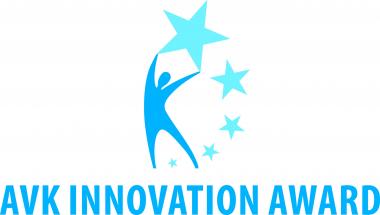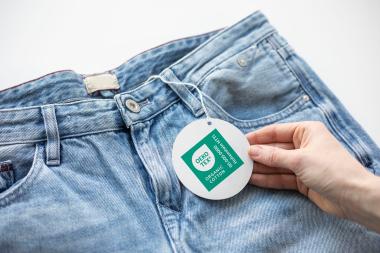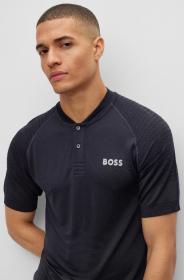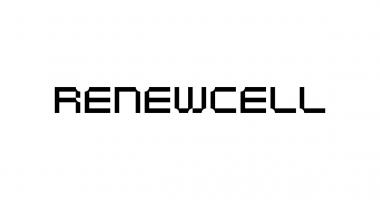AVK Innovation Award 2023 – Submissions until 14 April
The The German Federation of Reinforced Plastics (AVK) is looking for the best innovations in the field of fibre-reinforced plastics (FRP) / composites covering the following categories:
- Innovative products/components or applications
- Innovative procedures/processes
- Research and science
One goal of the AVK Innovation Award is to promote new products/components and applications made from fibre-reinforced plastics (FRP) and to promote new processes and methods for the manufacturing of FRP products. A further award is given to universities, colleges and institutes for outstanding work in science and research. In each of the categories special emphasis will be placed on the issue of sustainability.
Another goal is to give prominence to the innovations and also to the companies/institutions behind them, thus publicising their performance throughout the industry. The submissions will be evaluated by a jury of experts from the composites sector. The award ceremony will be held during the JEC Forum DACH event in Salzburg, Austria (24-25 October 2023).
The submission deadline for the application documents is 14th April 2023.
Further details and assessment criteria can be found online.
AVK - Industrievereinigung Verstärkte Kunststoffe e. V. AVK innovation award Composites fibre-reinforced plastics
AVK - Industrievereinigung Verstärkte Kunststoffe e. V.






























